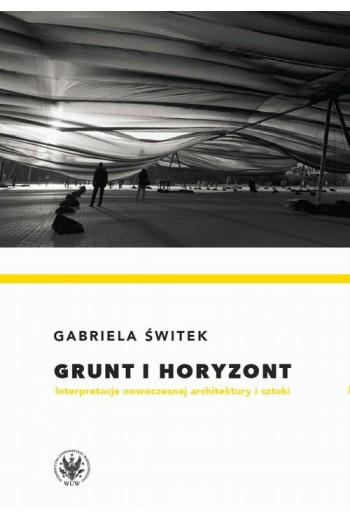- Nowy


Modal content..

TematykaArchitektura
AutorzyGabriela Świtek
WydawnictwoWydawnictwa Uniwersytetu Warszawskiego
Rok wydania2021
ISBN978-83-235-4666-5